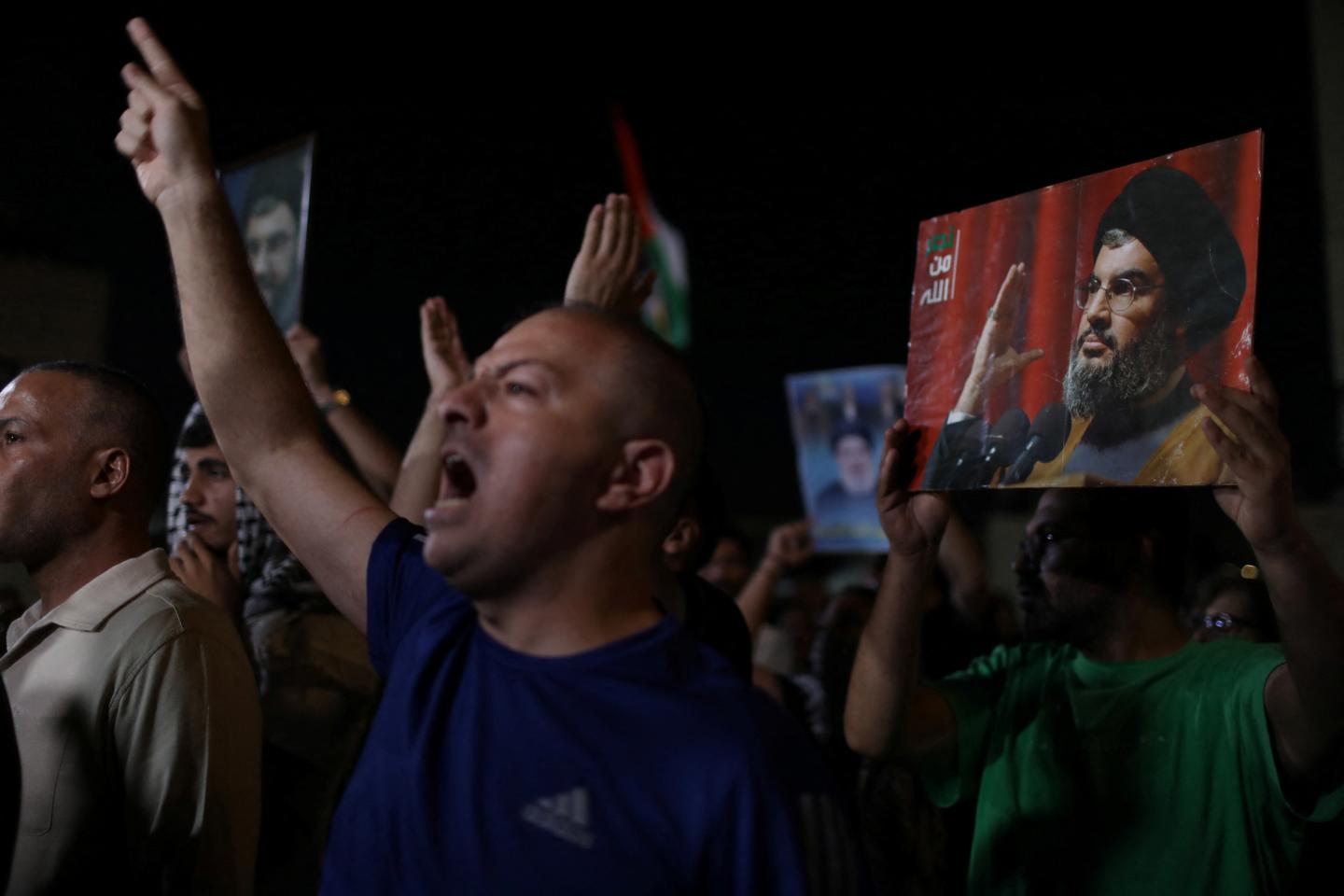


By killing Hezbollah leader Hassan Nasrallah in Beirut on September 27 in a massive strike that also claimed civilian lives, Israel completed its months-long, dogged effort to decapitate the Shiite militia. It is probably premature to know whether its firepower, combined with the penetration of its intelligence services, has signed the death certificate of Iran's armed wing in Lebanon. It is nevertheless considerably diminished, and probably for a long time to come.
From his Gaza hideout, Hamas leader Yahya Sinwar can see the calculations that led him to launch the October 7 attack, the worst massacre of Israelis in the history of the Jewish state, collapse. His militia was largely crushed by an Israeli offensive of unprecedented brutality, in defiance of humanitarian law and at the cost of tens of thousands of Palestinian civilian lives. It has turned the narrow strip of land into a field of ruins. The anti-Israeli "axis of resistance" on which Sinwar was counting is weaker than ever. The Israeli society has not been broken by its divisions, notably over the urgent need to conclude a ceasefire to free the last hostages still being held in Gaza.
An opportunity
At a time when a ground offensive can still be averted, Israeli Prime Minister Benjamin Netanyahu has the power to present himself, for now, as the winner of this showdown, without ever having had to account for the choices that led to the tragedy of October 7. The history of the Israeli-Palestinian conflict shows, however, that military victories have never been a substitute for a lack of vision, which is at this point more glaring than ever.
Four decades ago, the Israeli army had already succeeded in driving a militia out of southern Lebanon, that of the Palestine Liberation Organization. We know what happened next. The current war in Gaza, by far the deadliest and most devastating in the territory's history, is the fifteenth waged by Israel since 1948.
The weakening of the militias that vow Israel's doom offers an opportunity to finally take into account the Palestinians' legitimate rights to self-determination, without immediately denying it in the name of threats presented or felt as existential. Hamas must answer for the choices that precipitated disaster and death in Gaza; the head of the Palestinian Authority, Mahmoud Abbas, tragically mute during his people's worst hours, must step aside.
Israel's ruling coalition is incapable of taking this path. Israel's allies must draw the necessary conclusions, and stop treating it as a partner from whom nothing should ever be demanded. Finally, Israelis must realize what normalization with their Arab neighbors – and not just with the brutal, authoritarian regimes that claim to represent them – would mean, and what territorial compromise would make that normalization possible. For decades, both sides have accused each other of never losing an opportunity... to lose an opportunity. Who will dare break this curse?
